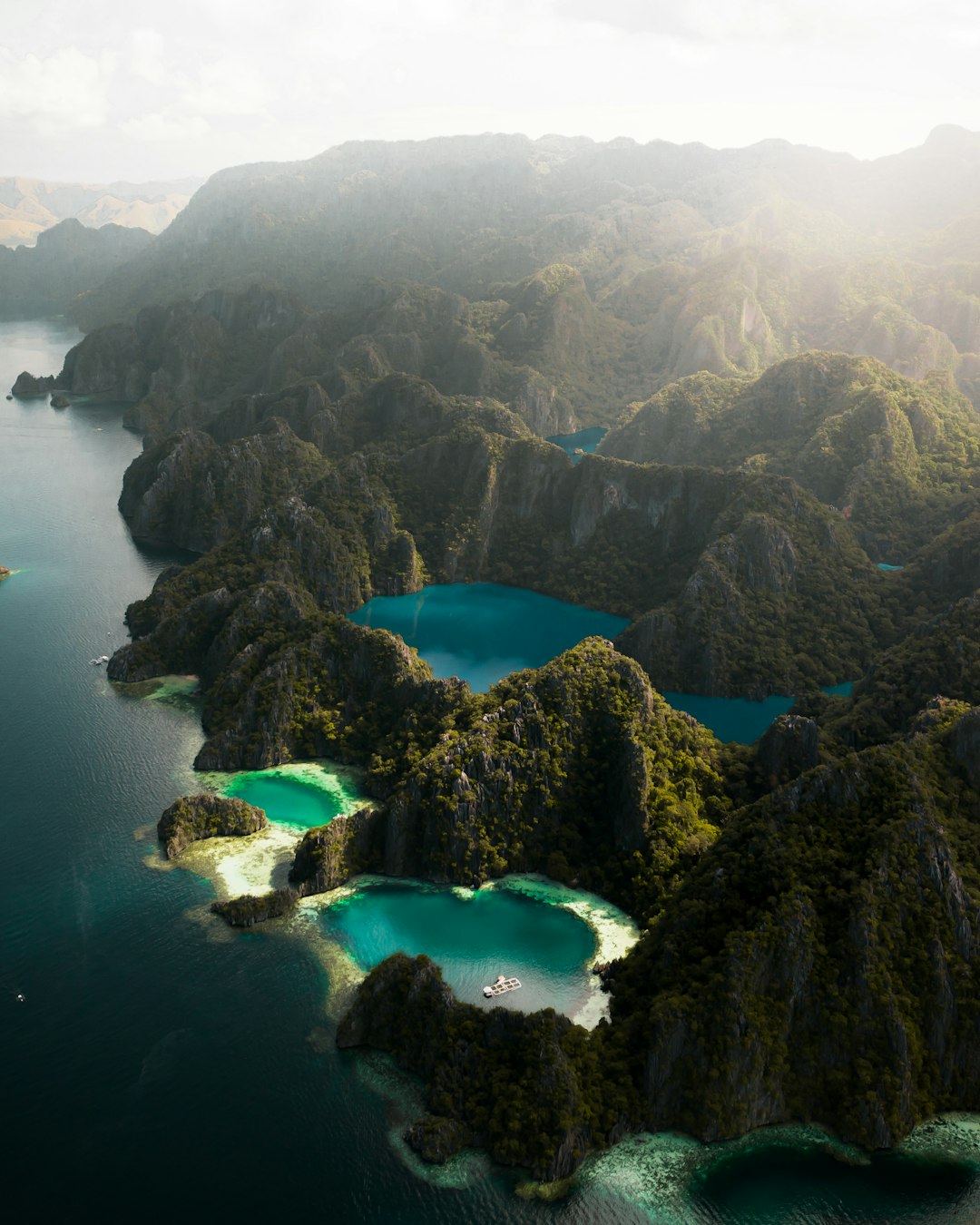US, China, and the Philippines: Islands, Alliances, and Identity in a Shifting World
Nestled in the heart of Southeast Asia, the Philippines is a nation whose destiny has always been shaped by the tides of geopolitics. Each name in its roster of leaders evokes stories of resilience, revolution, and reinvention. Among these, the Dutertes and the Marcoses form two of the most recognizable political dynasties, each wielding influence that stretches far beyond the boundaries of government buildings in Manila. Their perspectives and allegiances—especially toward major global powers such as the United States—shine a light on deeper, centuries-old currents in Philippine society and in the Asia-Pacific region at large.
From Colonization to Partnership: The Philippines and the US
To understand the significance of “leaning towards the US,” one must first acknowledge the long and intricate relationship between the Philippines and America. After centuries of Spanish colonization, the Philippines became a US colony in 1898, following the Spanish-American War—a status that would last nearly fifty years. The legacies of that era still ripple through Philippine culture, from an affinity for English and basketball to the country’s constitutional framework.
Today, the US remains one of the Philippines’ most important allies, marked by military agreements like the Mutual Defense Treaty and the Enhanced Defense Cooperation Agreement (EDCA). These pacts allow US troops to deploy on Philippine soil and support joint military exercises—controversial arrangements that often spark debates about sovereignty, security, and self-determination.
The Power of Political Dynasties
The Duterte and Marcos names are not just surnames; they are symbols of vastly different eras and ideologies in the Philippines. The Marcoses conjure memories of Ferdinand Marcos’ two-decade rule, infamous for martial law and the excesses of his regime. In contrast, the Dutertes rose to national prominence through a brand of populist, tough-talking leadership, with Rodrigo Duterte's presidency redefining Philippine policy on crime, drugs, and foreign affairs.
These families represent more than individual leaders; they embody the enduring power of political dynasties in the Philippines. In a country where familial ties often trump party affiliations, the moves and remarks of these figures are watched with both fascination and skepticism, reflecting broader debates about democracy and political renewal.
China’s Maritime Ambitions and the Battle for the South China Sea
The Philippines’ strategic position makes it a central player in the simmering contest for influence between the US and China. The South China Sea, rich in resources and the setting for some of the world’s busiest shipping lanes, is also home to overlapping territorial claims by the Philippines, China, and other neighbors.
Recent years have seen an escalation in both diplomatic overtures and maritime confrontations. China has built artificial islands and stationed military assets across reefs and shoals, drawing global attention and, at times, the ire of Filippino fishermen and officials. The ongoing disputes exemplify the broader strategic competition between China’s growing power and America’s efforts to maintain its presence in the Indo-Pacific region.
National Identity in a Globalized World
What does all of this mean for ordinary Filipinos? Beyond the headlines and high-level politics, these issues touch on questions of national identity, sovereignty, and the role of small states amid great-power rivalries. Should the Philippines look westward for security and investment, or pivot toward closer integration with rising Asian neighbors? Can it chart its own independent path?
The technological dimension is also crucial. With advanced surveillance technology, naval modernization, and social media shaping both narrative and reality, the battle for hearts, minds, and resources is as much digital as it is territorial.
A Mirror of Global Trends
The Philippine experience is not unique. All over the world, nations large and small are navigating new multipolar realities—a world no longer dominated by a single superpower but shaped by multiple competing interests. The tug-of-war over alliances, identity, and autonomy resonates from Manila to Warsaw, from Lagos to Jakarta.
And so, when we hear about prominent leaders trading jabs or making strategic choices, it’s not just local politics—it’s a window into some of the most important questions shaping the 21st century.
This article was inspired by the headline: 'Philippine Vice-President Duterte criticises Marcos for leaning towards US'.

Comments
No comments yet. Be the first to comment!